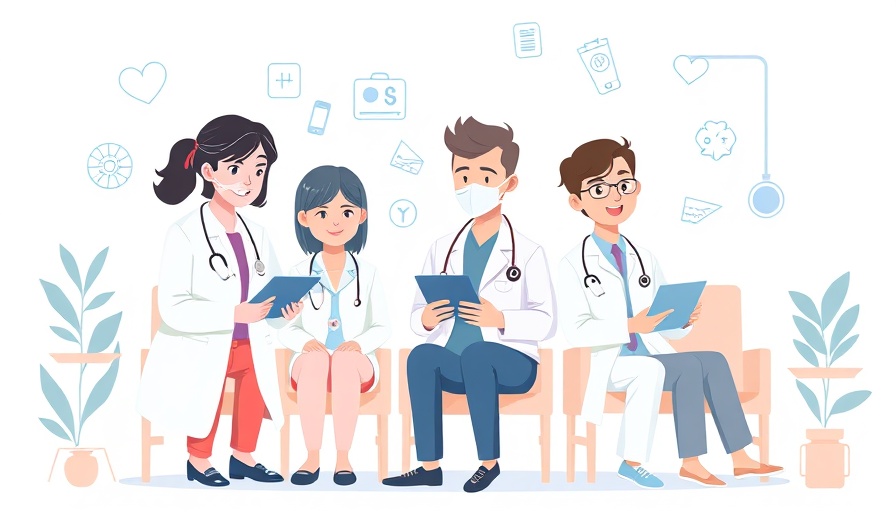
Google's AI Strides in Health Search Expand Access
In a groundbreaking announcement during its health-focused event 'The Check Up,' Google revealed a significant expansion of its AI capabilities to provide enhanced overviews for health-related queries. As part of ongoing efforts to improve healthcare accessibility, the tech giant is set to broaden its AI overview tools to encompass thousands of additional health topics. This move represents a substantial enhancement in users' ability to search for reliable medical information across various languages and regions.
Enhancing User Experience with AI Overviews
Unlike general search queries, health-related searches have historically seen limited application of AI Overviews. However, according to Google, advancements in its Gemini models will cater to this gap, making overviews not only more prevalent but also more useful. “Now, using AI and our best-in-class quality and ranking systems, we’ve been able to expand these types of overviews to cover thousands more health topics,” says Google. This is particularly significant as the company commits to providing experiences that inform users accurately and comprehensively.
What People Suggest: Connecting Users
Complementing the AI Overviews is the innovative 'What People Suggest' feature. This tool employs artificial intelligence to aggregate insights from those with similar health conditions, enabling users to explore experiences that resonate personally. Imagine an arthritis patient looking for exercise tips—'What People Suggest' can directly connect them with stories and recommendations from others managing the same condition, enhancing the relevance of shared knowledge and practice. While currently restricted to mobile access in the U.S., the feature has the potential to substantially enrich user interactions within the health community.
A Broader Context: AI’s Role in Healthcare
This latest expansion is part of a larger framework focused on health technology at Google. The promotional event highlighted not only the updates to AI Overviews but also new projects like Medical Records APIs and AI-assisted tools for pediatric care. These initiatives underscore a comprehensive approach to healthcare, aiming to leverage technology for better health outcomes.
Navigating Challenges: Addressing AI Hallucinations
While these advancements mark a significant leap, Google remains aware of ongoing challenges. AI models, including Gemini, can experience what’s referred to as “hallucinations”—providing incorrect or misleading information. Users must remain vigilant, as the intent to enhance clinical factuality won't eliminate inaccuracies entirely. Yet, by merging clinical data with personal testimonies, Google acknowledges the importance of user experiences alongside traditional medical information.
Looking Forward: The Future of Health Searches
As Google continues to innovate within the health sector, it's clear that their dual approach—combining AI expertise with user-generated insights—aims to reshape how individuals seek and interpret health information. By fostering a more inclusive conversation that balances expert opinions with real-world experiences, Google is paving the way for smarter health searches, making information accessible in everyday language and relatable formats.
Veterinary clinic owners and practitioners seeking to attract more clients can look at these innovations and consider how similar AI-driven tools could optimize their operations. By offering tailored information based on community-user interactions, clinics can enhance client engagement and satisfaction.
As this AI expansion unfolds, it's crucial for stakeholders in the veterinary field to anticipate how client preferences may evolve and to adopt proactive measures that leverage these trends.
 Add Row
Add Row  Add
Add 

 Add Row
Add Row  Add Element
Add Element 




Write A Comment